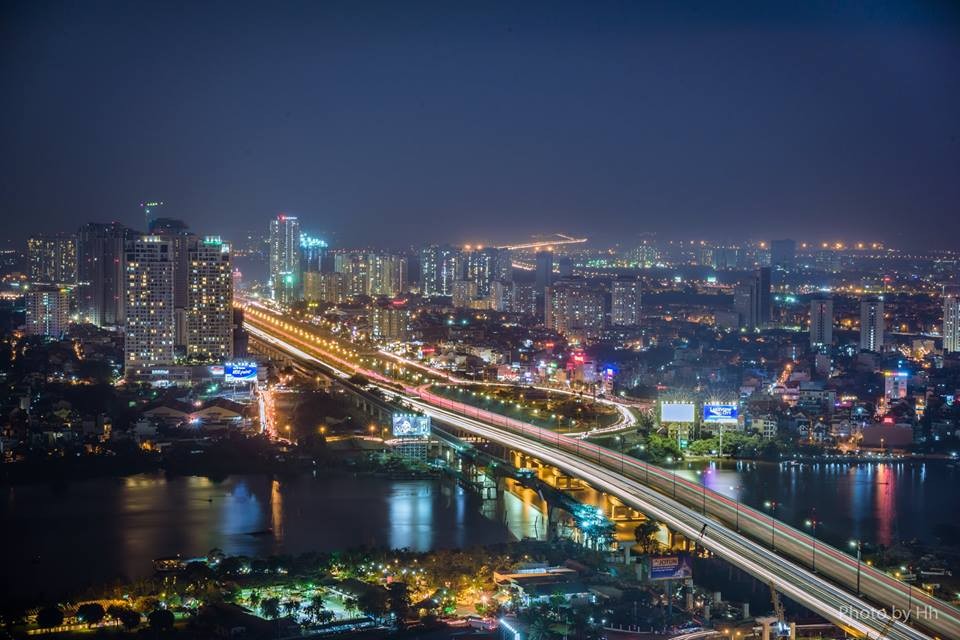
The increasing number of newly-established firms in the southern region in recent years has demonstrated their stronger confidence in Party and State policies designed to support the development of the private economy.
Policy platform
The private economy is defined as an important contributor to the economic development of cities and provinces and the country as a whole. Therefore, such southern localities as Ho Chi Minh City, Dong Nai and Binh Duong provinces have attached great importance to promoting private firms and creating all possible conditions for their development.
Following the spirit of the 12th Communist Party of Vietnam (CPV) Central Committee’s Resolution on developing the private economy, the southern economic hub of Ho Chi Minh City has put forth a number of policies to support businesses’ operation, including taxes, customs and production premises, according to Huynh Thanh Dien, member of the city’s Support Industry Development Project.
Statistics from the municipal Department of Planning and Investment showed that more than 309,000 enterprises are active in the city with a total charter capital of over 3.5 trillion VND (154 million USD). The number of businesses is forecast to double by 2020.
Similarly, Binh Duong and Dong Nai provinces have devised numerous policies to develop the private economy, especially improving administrative procedures and investment promotion efficiency.
As a result, more than 29,000 enterprises have registered to operate in Binh Duong with a total capital of over 200 trillion VND, generating jobs for 15,000-20,000 workers annually. The province targets additional 23,000 new firms in 2016-2020.
The number of newly-established businesses in Dong Nai is increasing with an average of over 2,000 firms each year.
Creating development momentum
Synchronous measures from both State and businesses are essential to create a driving force for the private economy, including the reduction of production costs.
Nguyen Dinh Tue, Director of HCM City Centre for Supporting Small and Medium Sized Enterprises, said the southern metropolis is leading the country in promulgating policies to support businesses.
He advised the city to create fundamental changes in administrative reform and improve the business environment.
For Dong Nai, the province has given priority to improving the quality of administrative procedures and ensuring transparency in addition to encouraging businesses’ innovation and application of science and technology into production and supporting individuals and start-ups.
Vice Chairman of the Binh Duong People’s Committee Dang Minh Hung said the province aims to become a developed industrial locality in the Southeast Asian region by 2020.
The promotion of start-up movement is considered a key strategy, he said, adding that local authorities have approved a plan to implement a project on national innovative start-up ecosystem through 2025.
























